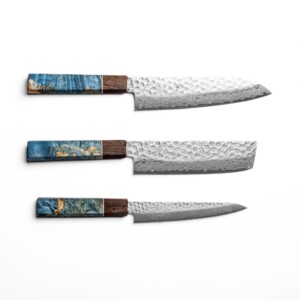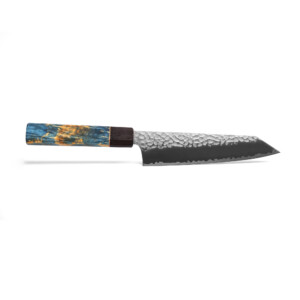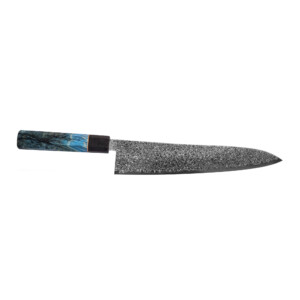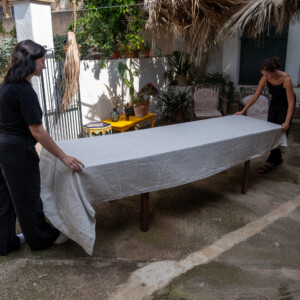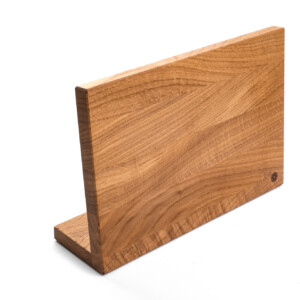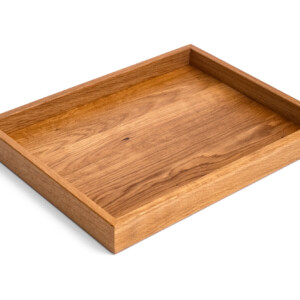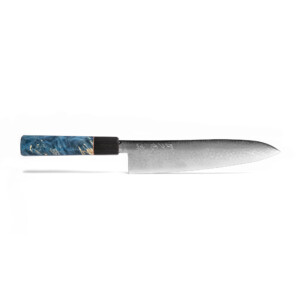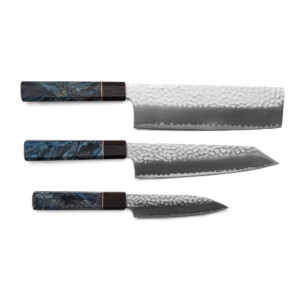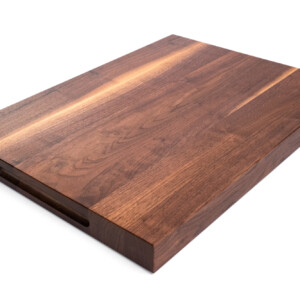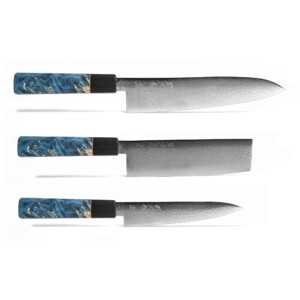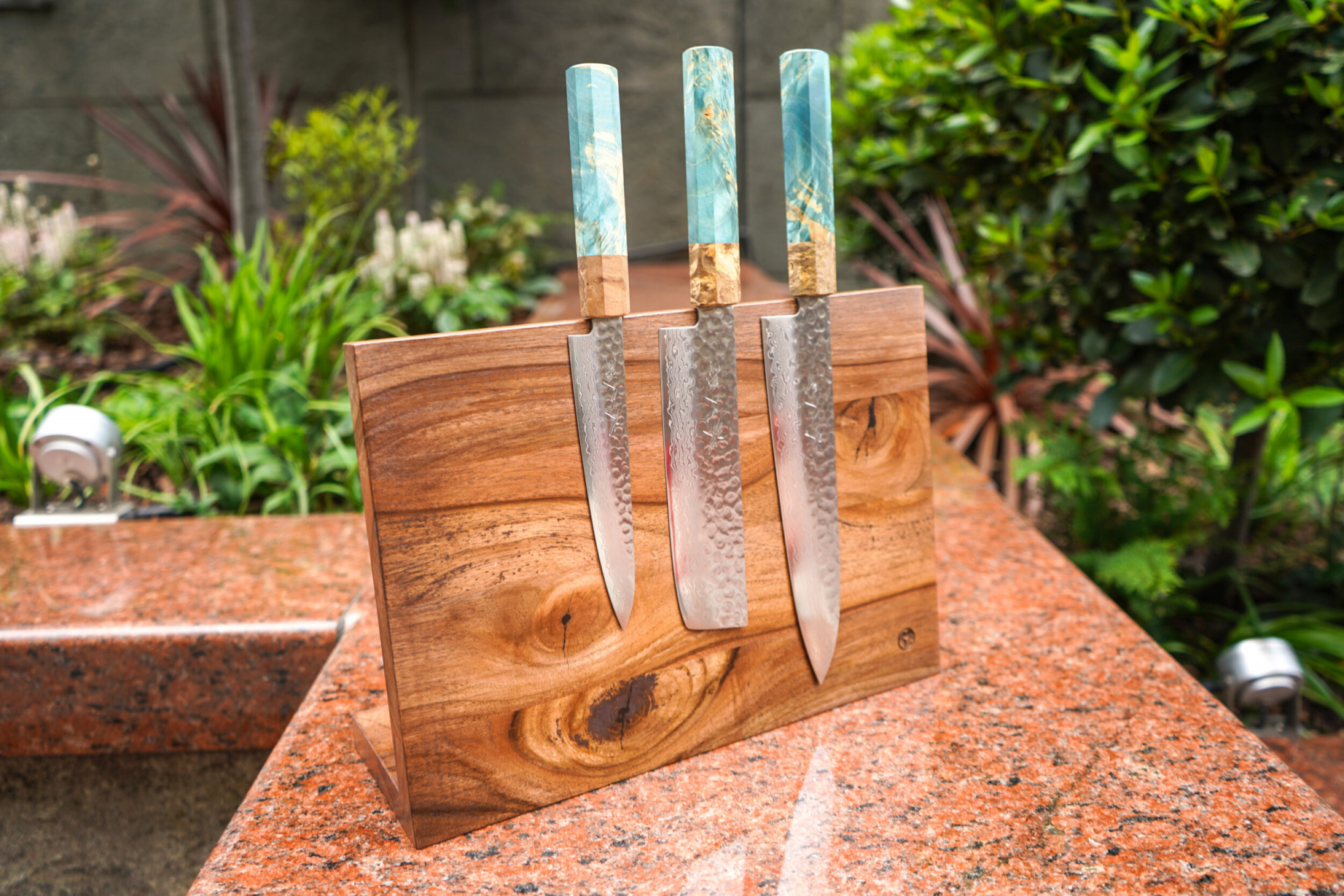An old-time viral meme perfectly captures what home cooks have always known—there are two types of people in the kitchen:
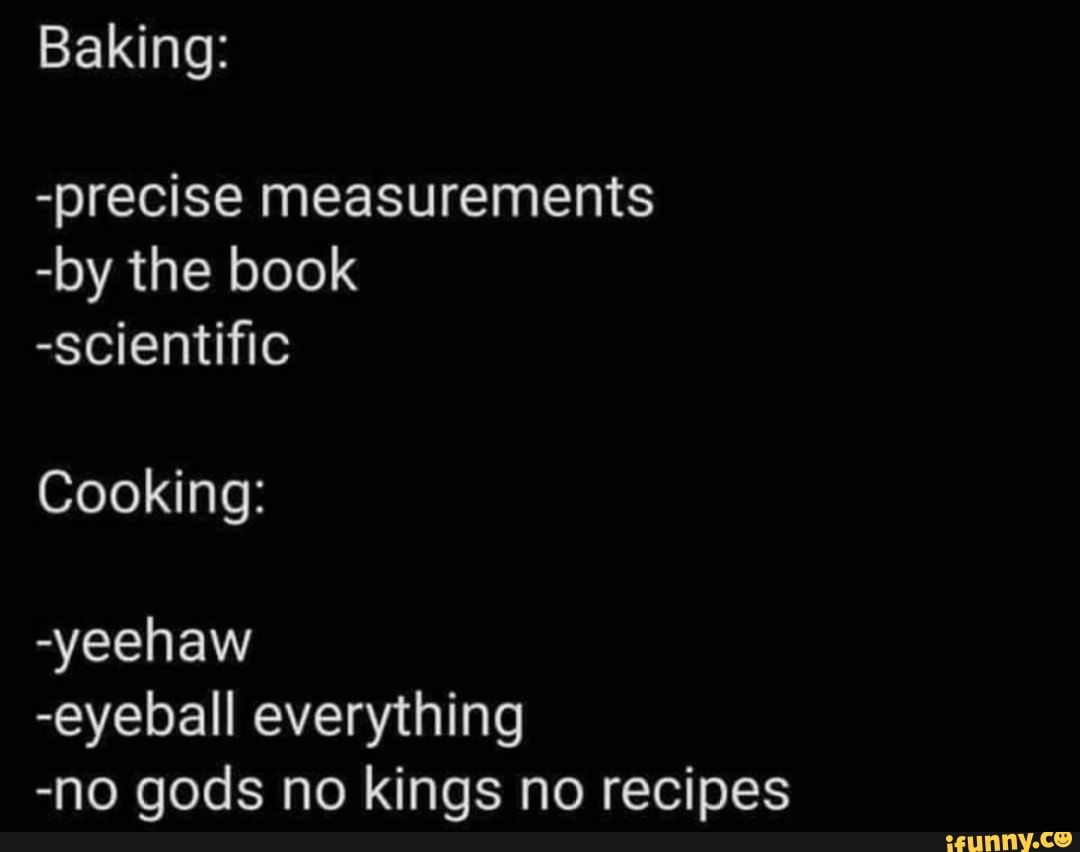
You’ve probably seen the meme that broke the internet: “Baking: precise measurements, by the book, scientific. Cooking: yeehaw, eyeball everything, no gods no kings no recipes.” While it made thousands of home cooks laugh in recognition, this simple comparison reveals something profound about how we approach food—and life itself.
The kitchen becomes our most honest mirror, reflecting our personalities in ways we might not even realise. Are you the type who measures vanilla extract to the exact teaspoon, or do you splash it in while humming your favourite song? Do you follow recipes like sacred texts, or treat them as gentle suggestions on your culinary adventure?
The truth is, how you approach baking versus cooking says more about your personality than any Myers-Briggs test ever could.
Bakers: The Kitchen Engineers
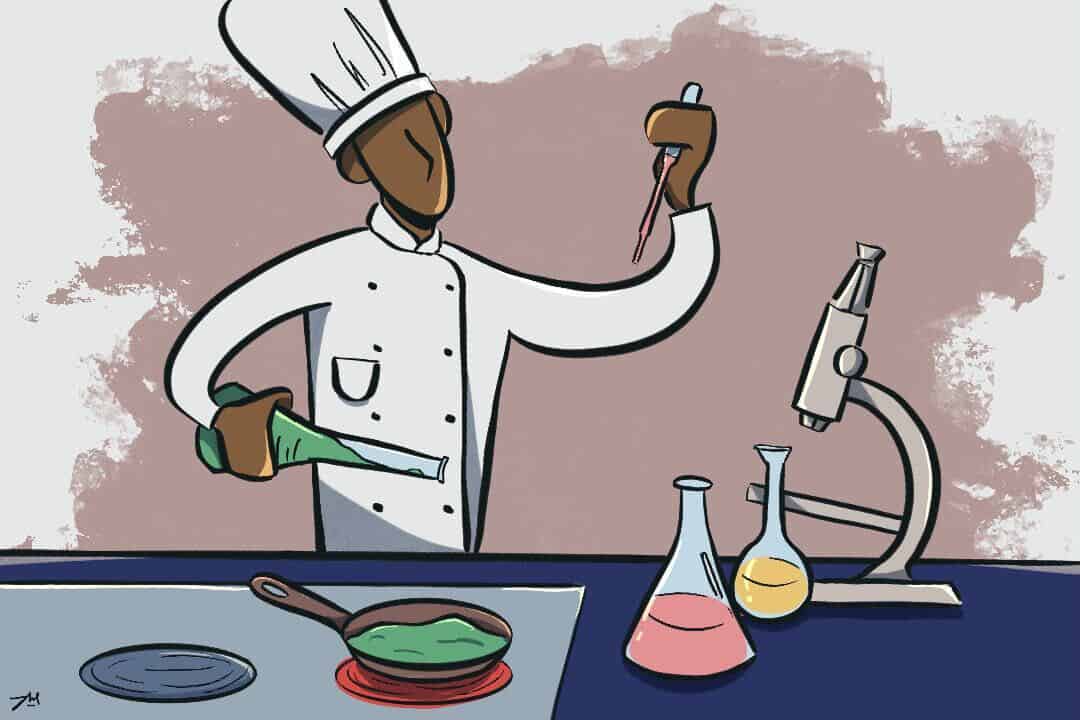
Bakers are the engineers of the culinary world, and there’s something beautifully methodical about their approach. When a baker measures 240 grams of flour instead of “two cups,” they’re not being obsessive—they’re being wise. Baking is chemistry in action, where the difference between a fluffy cake and a dense disappointment often comes down to a few grams of precision.
The Baker Personality:
- Detail-oriented: You notice when something is even slightly off
- Patient: Good things come to those who wait for proper proofing times
- Methodical: You believe in process and trust that following steps leads to success
- Risk-aware: You understand that some experiments can’t be salvaged mid-process
- Comfort-seeking: You find peace in predictable outcomes and reliable results
Bakers often approach life with the same measured precision they bring to their mixing bowls. They’re the friends who arrive exactly on time, who read instruction manuals, and who plan their vacations with detailed itineraries. There’s profound comfort in knowing that if you follow the recipe exactly, you’ll get consistent, delicious results.
But here’s what’s beautiful about the baker’s mindset: precision doesn’t mean rigidity. The best bakers understand that their methodical approach creates a foundation for creativity. Once you master the fundamentals—the perfect ratio of flour to fat, the science of gluten development, the alchemy of leavening—you can begin to innovate with confidence.
Bakers often crave control in a chaotic world. The kitchen becomes their sanctuary where variables can be managed, where effort reliably translates to reward. In a life full of uncertainties, there’s something deeply satisfying about knowing that 350°F for 25 minutes will produce exactly what you’re expecting.
Cooks: Kitchen Jazz Musicians

Cooks, on the other hand, are the jazz musicians of the kitchen. They taste, adjust, improvise, and somehow create magic from instinct and experience. When a cook adds “a little bit of this and a splash of that,” they’re tapping into something primal—the way humans have been cooking for thousands of years before measuring cups existed.
The Cook Personality:
- Intuitive: You trust your senses over strict instructions
- Adaptable: Missing an ingredient? No problem, you’ll make it work
- Creative: You see recipes as starting points, not endpoints
- Risk-tolerant: You’re comfortable with uncertainty and unexpected outcomes
- Present-focused: You cook by taste, smell, and feel rather than timers and thermometers
Cooks often approach life with the same improvisational spirit they bring to their stovetops. They’re the friends who throw amazing dinner parties without seeming stressed, who can turn leftover odds and ends into a feast, and who travel to new places without detailed plans because they trust they’ll figure it out along the way.
The cook’s philosophy is beautifully captured in that viral phrase: “no gods no kings no recipes.” It’s not about rejecting guidance—it’s about refusing to be limited by it. Cooks understand that the best meals come from responding to what’s in front of you: the particular sweetness of this week’s tomatoes, the way the onions are caramelizing today, the mood of your dinner guests.
Cooks often thrive on spontaneity and sensory experience. They’re comfortable with ambiguity and trust their accumulated knowledge to guide them through uncertainty. The kitchen becomes their playground where creativity and instinct converge to create something unique every time.
How Your Knife Choice Reveals Your Style
Interestingly, even knife choice often follows this personality divide. Bakers tend to gravitate toward reliable, consistent tools—knives that perform predictably every time. They appreciate German engineering: substantial, durable knives that feel solid and dependable in hand.
Cooks, however, often fall in love with Japanese knives, particularly those with traditional wa handles. These tools require more intuitive handling and develop a personal relationship with the user over time. They’re lighter, more responsive, and demand a more nuanced approach—much like cooking itself.
The Japanese concept of mono no aware—the bittersweet awareness of the impermanence of all things—resonates deeply with cooks. They appreciate how their knives change over time, developing patina and character through use. Each scratch and mark tells a story of meals prepared and moments shared.
The Best of Both Worlds
Of course, the most interesting people in the kitchen are those who embody both approaches. These culinary shapeshifters understand when to follow the rules and when to break them. They might measure their flour precisely for a delicate sponge cake, then eyeball the seasoning in their pasta sauce with abandon.
These hybrid personalities often represent the most adaptable and resilient people in life. They know when situations call for precision and when they demand improvisation. They can plan meticulously when needed but also thrive in chaos when circumstances demand flexibility.
What This Means for Your Kitchen
The baking versus cooking divide also reflects broader cultural attitudes toward authority, tradition, and innovation. Cultures with strong baking traditions often value institutional knowledge, respect for expertise, and the wisdom of established methods. There’s beauty in knowing that your grandmother’s bread recipe, followed exactly, will produce the same comforting results it has for generations.
Cooking cultures, meanwhile, often celebrate individual expression, regional variation, and personal interpretation. The same dish prepared by different cooks becomes a unique expression of their personality, experience, and creativity.
Finding Your Balance
Both approaches offer profound opportunities for mindfulness, but they cultivate different types of presence. Baking demands the focused attention of meditation—being fully present to measurements, timing, and process. There’s something deeply centering about the deliberate ritual of creaming butter and sugar, or watching dough transform through kneading.
Cooking cultivates a more dynamic mindfulness—the ability to stay present while adapting to changing circumstances. It’s the mindfulness of a dancer responding to music, adjusting and flowing with each moment’s requirements.
The beautiful truth is that neither approach is superior—they’re simply different paths to the same destination: nourishing ourselves and others. Understanding your natural tendencies can help you work with your personality rather than against it.
If you’re naturally a baker, embrace the peace that comes with precision, but don’t be afraid to occasionally trust your instincts. If you’re instinctively a cook, celebrate your creativity, but recognise when a situation might benefit from more methodical approaches.
The kitchen teaches us that there’s room for both scientists and artists, for both planners and improvisers. Whether you measure your salt or sprinkle it with abandon, whether you set timers or cook by smell—you’re participating in the ancient, essential act of transforming ingredients into nourishment.
Perhaps the most important insight from this kitchen personality divide is that our differences make meals more interesting. The best dinner parties happen when precise bakers provide stunning desserts while intuitive cooks create savory masterpieces. The best kitchens—and the best lives—have room for both approaches.
So whether you’re team “measuring spoons” or team “yeehaw,” remember that your style reflects something authentic about who you are. Embrace it, refine it, and most importantly, use it to create moments of joy around your table.
After all, whether you follow recipes to the letter or treat them as gentle suggestions, you’re participating in one of humanity’s most fundamental and creative acts. The kitchen doesn’t judge—it simply provides the space for you to express your truest self, one meal at a time.
